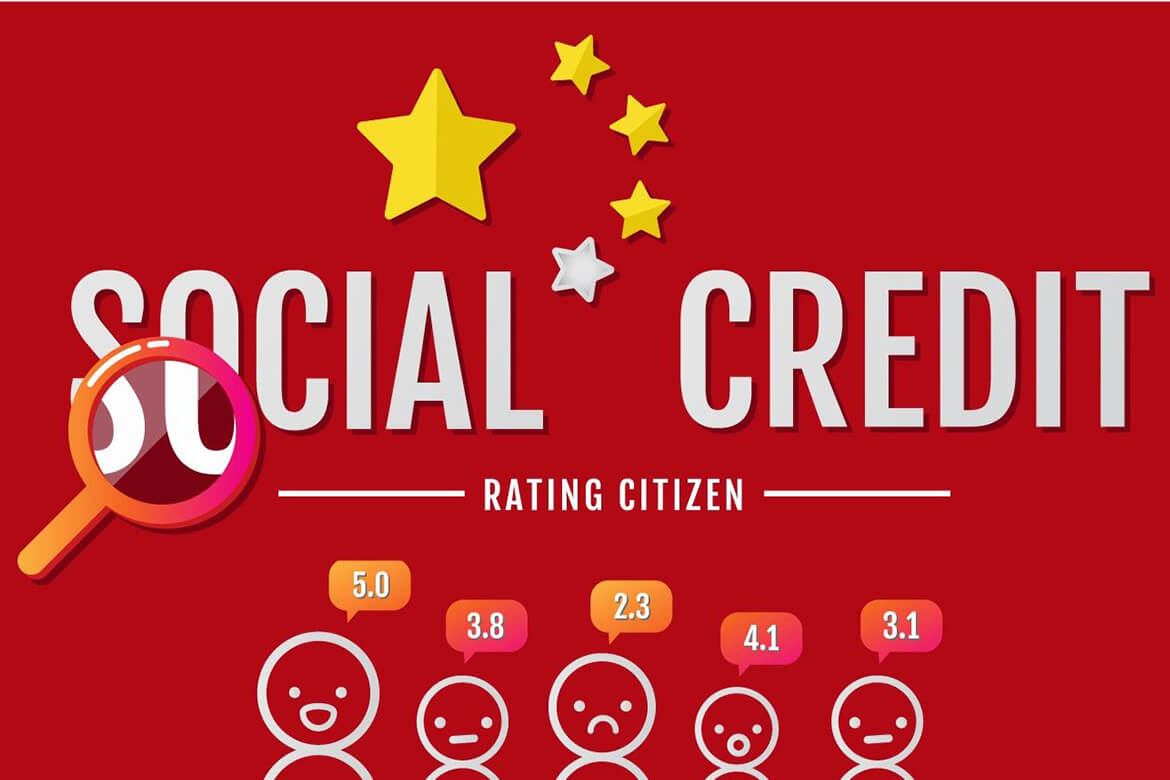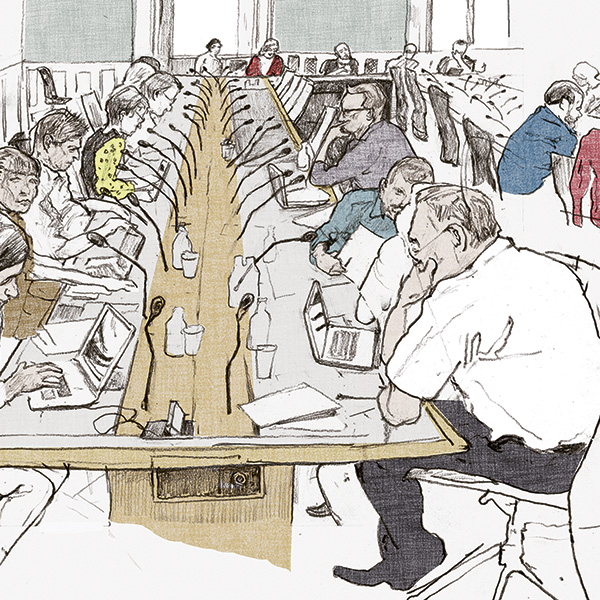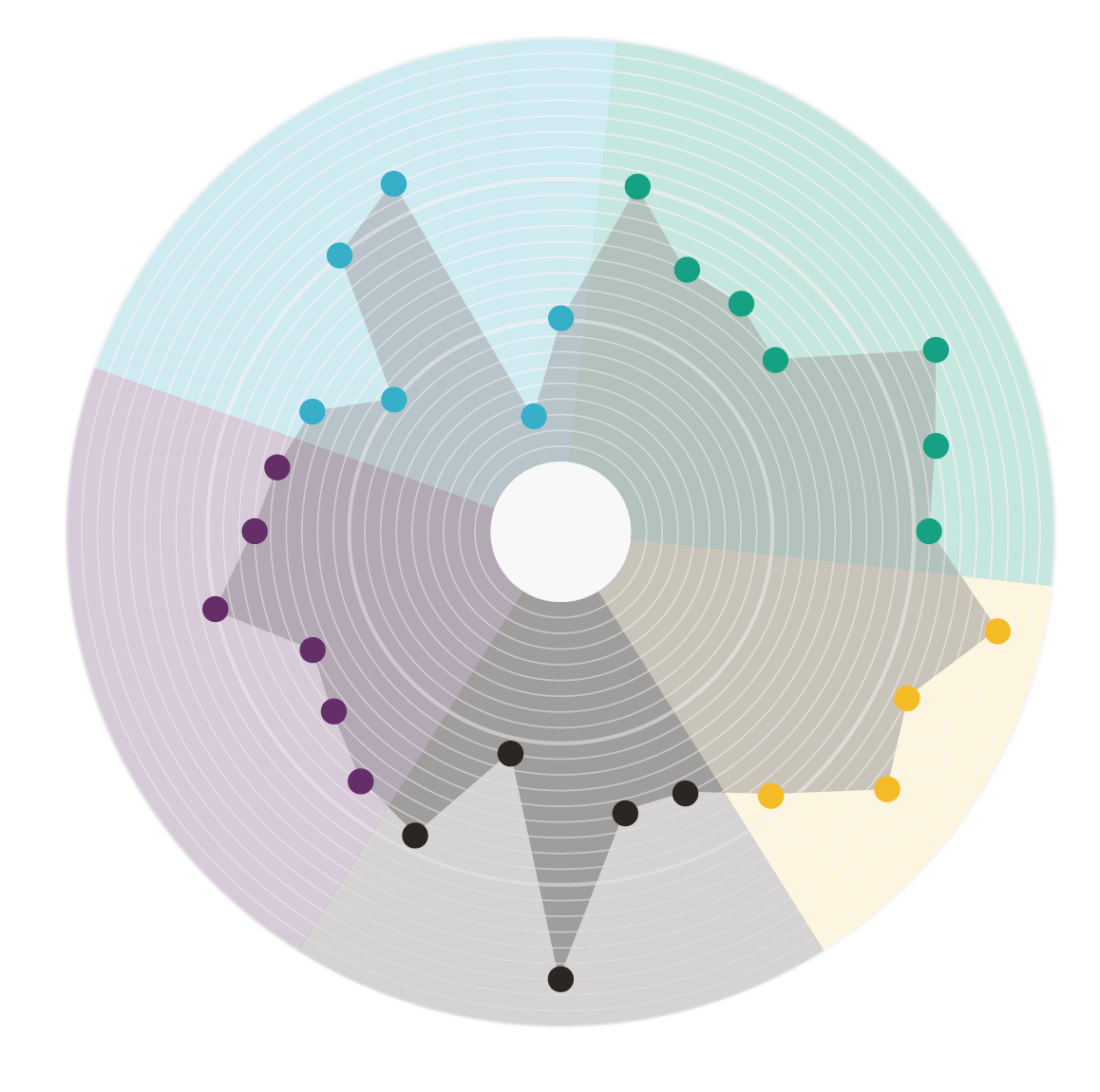Scientific fraudsters to pay for their acts
A new particle accelerator, the concerns of a researcher, and a new data cloud: the latest news in science policy.

China is punishing scientific fraud
China: social punishments extended to fraudulent scientists
China’s social credit system, which assigns misconduct scores to its citizens, may be extended to researchers found to have committed scientific misconduct. If introduced, the punishment might even involve losing access to bank loans and jobs outside academia, according to Nature.
84,339
The number of new authors who published on the biology preprint server Biorxivin 2018, four times more than in 2016. Nevertheless, only 67 percent of the preprints submitted before the end of 2016 were subsequently published in journals (as of end 2018).
Manfred Kopf of ETH Zurich in the Neue Zürcher Zeitung, denouncing a massive increase in bureaucracy and requirements at the Cantonal Commission for Animal Experiments
Artificial intelligence helps peer review
The Swiss publishing house Frontiers Media has developed an AI system to help in the peer-review process. It suggests potential experts, identifies conflicts of interest and even provides plagiarism scores.
European Open Science Cloud
Launched at the end of 2018, the EOSC platform allows researchers to share their biology, environment, physics and digital humanities data. Switzerland supports the project, and its scientists have access to it.
K. Gross and C. Bergstrom in in Plos Biology have analysed the cost-benefit ratio inherent in the preparation of a research project funding application.
EUR 9 billion
The estimated budget for the construction of the Future Circular Collider proposed by CERN in early 2019, to be housed in a 100-km long tunnel.




